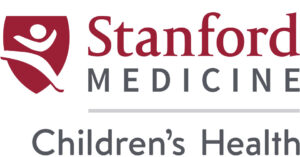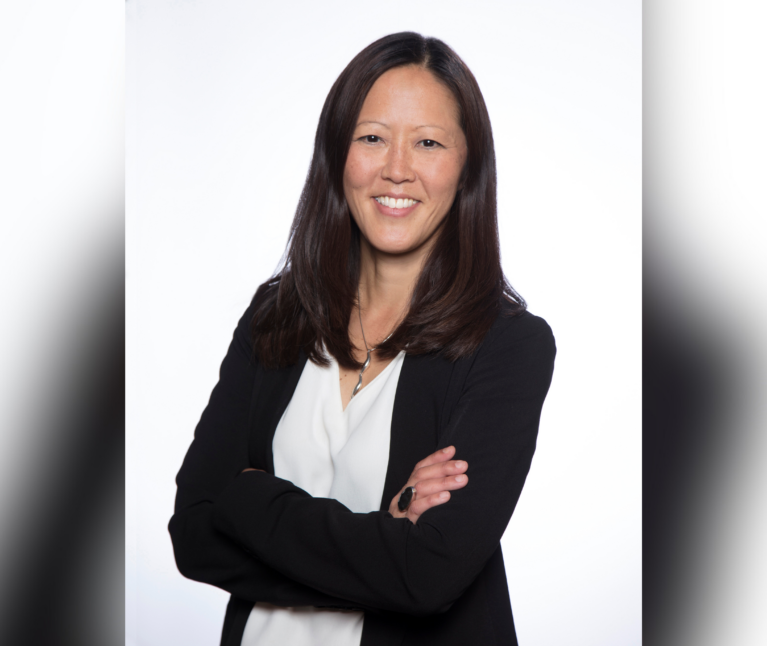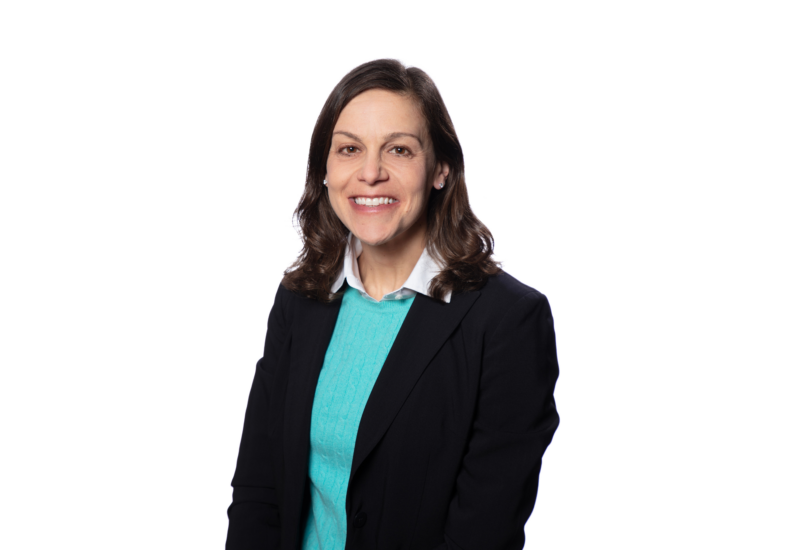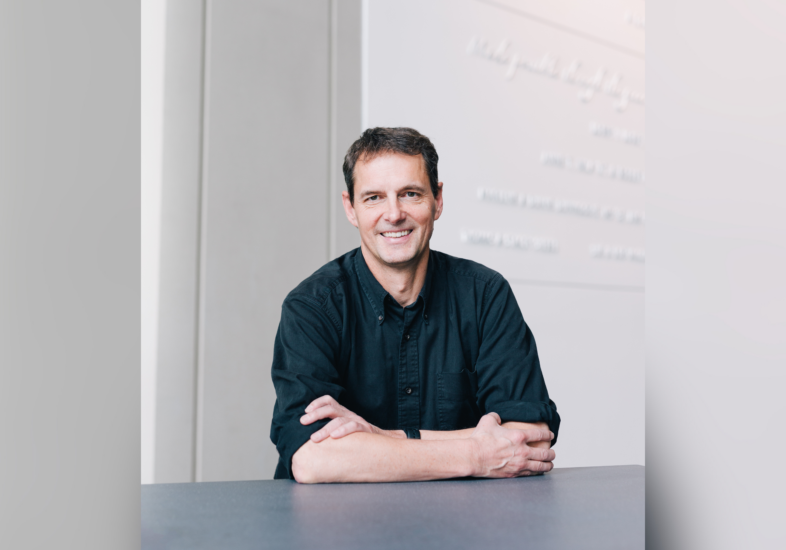Why Kids with Autism Struggle with Emotion in Voices
Children with Autism often have trouble identifying emotional cues in other people’s voices because of differences in a region of the brain that processes social information, according to a study from the Stanford School of Medicine.
Researchers studied 22 children with autism and 21 typically developing kids, testing their recognition of emotions in voices while administering MRI brain scans. Kids with autism were atypical in how voice signals got to the temporoparietal junction, the social brain region that helps to distinguish other people’s thoughts and emotions from one’s own.
“Children typically learn to map certain sounds in people’s voices onto particular emotions. But kids with autism have trouble mapping vocal features onto emotion,” says co-lead author Daniel Abrams, PhD, clinical associate professor of psychiatry and behavioral sciences.
The findings suggest that circuitry in the area of the temporoparietal junction could be targeted for treatments.
Grace Lee Named Chief Quality Officer
Grace Lee, MD, has become the chief quality officer at Stanford Medicine Children’s Health and Lucile Packard Children’s Hospital Stanford. As the Christopher G. Dawes Endowed Director of Quality, Lee assumed responsibility in December for the essential work of ensuring quality and safety in patient care. She also focuses on embedding health equity into clinical care and quality initiatives.
A professor of pediatrics (infectious diseases), Lee joined Stanford Medicine Children’s Health in 2017 as associate chief medical officer of practice innovation. She chairs the U.S. Advisory Committee on Immunization Practices, which sets recommendations for vaccine use, and was recently elected to the National Academy of Medicine.
Stanford Medicine Children’s Health Builds a Program to Screen for Food Insecurity
The increase in food insecurity during the pandemic made it clear that Stanford Medicine Children’s Health needs a system to ensure that all patient families have access to safe, nutritious food. Pediatrician Baraka Floyd, MD, is leading the charge, building a program to screen every patient family for food insecurity.
Starting this summer, a routine intake questionnaire will ask families whether, in the past 12 months, they worried their food would run out—or did run out—before they had money to buy more. With this information in the electronic health record, clinicians will then ask patient families if they would like help finding resources or receiving a referral to the Second Harvest Food Bank.
By standardizing how medical providers ask families about their food access, Stanford Medicine Children’s Health can target interventions and reduce stigma. Next up, the team plans to screen for other social determinants of health, such as access to transportation and financial security.
Artificial Intelligence Can Foretell Preemies’ Health
Stanford Medicine researchers using artificial intelligence tapped the medical records of mothers and babies to predict and improve the health of premature infants.
Using machine learning, they looked at 32,354 births at Stanford between 2014 and 2020, building a mathematical model to predict 24 possible health outcomes in the babies’ first two months of life.
“By focusing our research on predicting the health of these babies, we can optimize their care,” says senior study author Nima Aghaeepour, PhD, associate professor of anesthesiology and of pediatrics.
“This is a new way of thinking about preterm birth,” placing the focus on individual health factors of the newborns rather than looking only at how early they are born.
Cormac O. Maher Appointed Chief of Pediatric Neurosurgery
Cormac O. Maher, MD, has been named division chief of pediatric neurosurgery and professor of neurosurgery at the Stanford School of Medicine.
“I am thrilled to welcome Dr. Maher to Stanford Medicine Children’s Health,” says Dennis Lund, MD, chief medical officer of Stanford Medicine Children’s Health.
“He brings an impressive set of skills and experience to our program. His dedication to treating children through some of the most challenging times and helping them have a better future is at the heart of our mission.”
Maher moved from the University of Michigan, where he was a professor of neurosurgery, residency program director, and department vice chair for education.
Hilary Jericho Becomes Medical Director of Pediatric Celiac Program
Pediatric gastroenterologist Hilary Jericho, MD, has joined Stanford Medicine Children’s Health as the inaugural medical director of the Celiac Disease Program, part of the Center for Pediatric Inflammatory Bowel Disease (IBD) and Celiac Disease. Her innovative research and commitment to family education equip her to move the celiac program forward. The Center for Pediatric IBD and Celiac Disease launched in 2022.
“I am committed to bringing innovative, cutting-edge, personalized care to children with celiac disease,” she says, noting the importance of minimally invasive treatments and approachable nutrition plans. Previously, Jericho was the director of pediatric clinical research at the University of Chicago Celiac Disease Center, where she founded the noninvasive video capsule endoscopy program.
Matthew Porteus Leads Center for Definitive and Curative Medicine
Matthew Porteus, MD, PHD, has been named director of the Center for Definitive and Curative Medicine (CDCM) at the Stanford School of Medicine. A pioneer in genome editing, he leads the group that aims to “cure the incurable” by investigating and developing stem cell and gene therapies for genetic diseases.
Porteus, previously a co-director of the CDCM, is the Sutardja Chuk Professor of Definitive and Curative Medicine. He succeeds Maria Grazia Roncarolo, MD, the George D. Smith Professor of Stem Cell and Regenerative Medicine, who directed the CDCM since its founding in 2017. She will continue to focus on her Stanford research as well as developing a therapeutics startup that she recently co-founded.
“What Dr. Roncarolo has achieved at the helm of CDCM over such a short period has exceeded every expectation,” says Lloyd Minor, MD, dean of the Stanford School of Medicine. “I’m confident that Dr. Porteus, a respected global leader in basic and translational applications of genome editing, will advance the CDCM’s next chapter with similar foresight, expertise, and ambition.”





